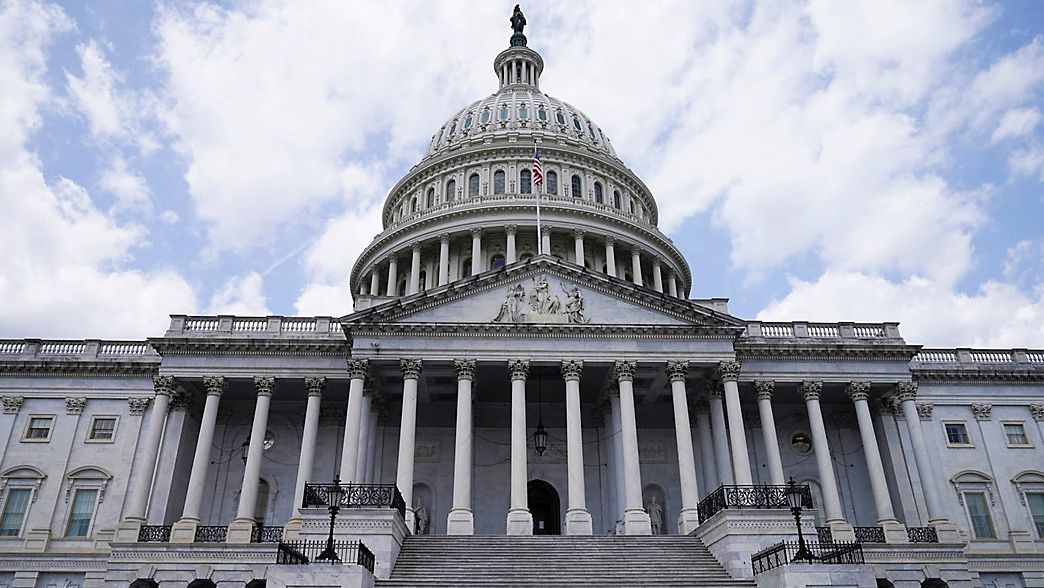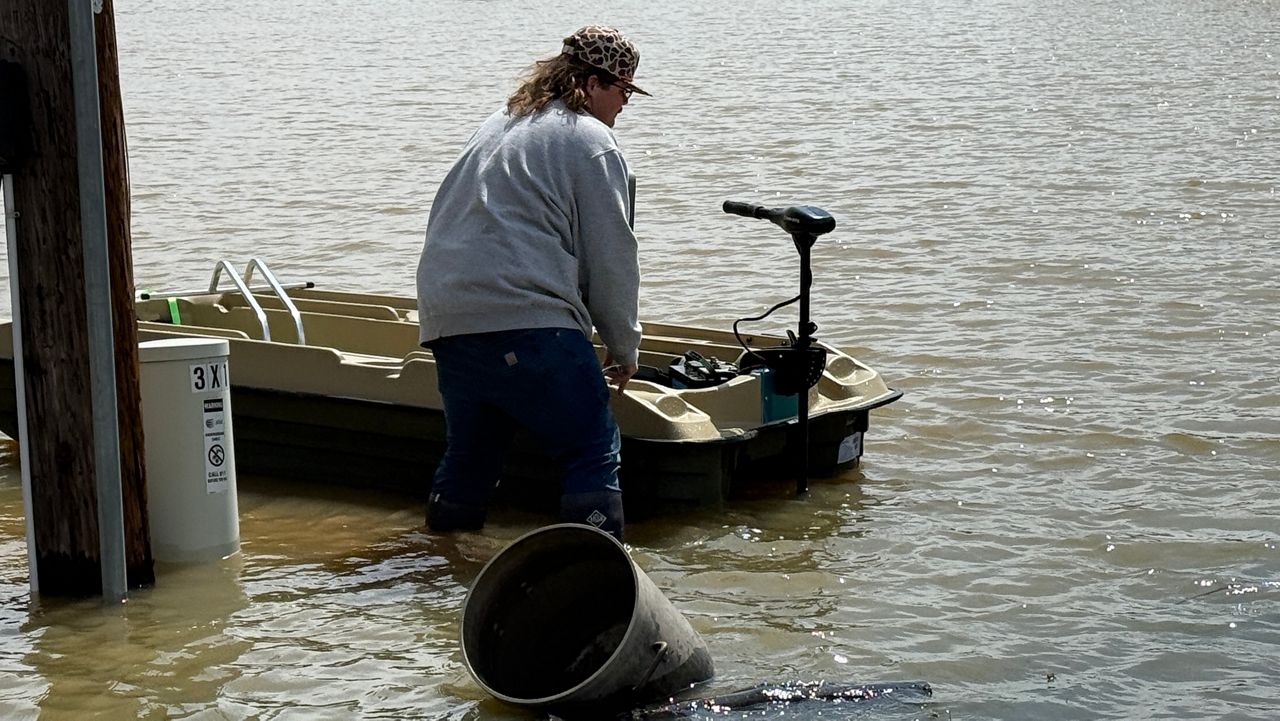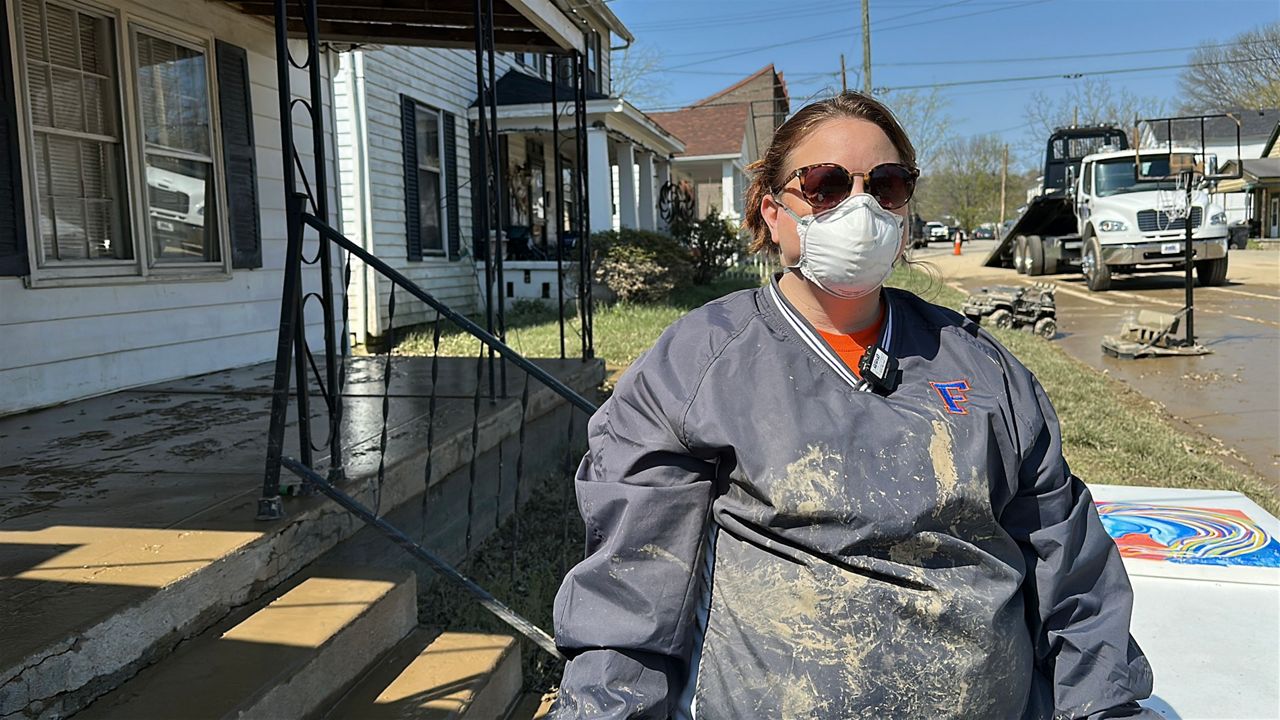BULLITT COUNTY, Ky. — On Jan. 13, one week after the deadly attack on the U.S. Capitol, Republican Congressman Brett Guthrie of Bowling Green called for an investigation.
"The goal is to investigate, find the facts and deliver reports so this can never happen again," he said.
This week, he and his Kentucky Republican colleagues voted against creating a bipartisan commission to investigate what happened.
“The Senate has already launched two investigations," Guthrie told Spectrum News 1 Friday. "We have over 450 criminal investigations going on, so the question I had to ask myself, any question like that, which got very partisan, very emotional, is what’s the right thing for the country? And commissions can kind of take a life of their own and I would say dominate the news for the next year.”
Guthrie questioned what new information would come out of the commission and said those responsible for the siege still need to be held accountable.
“I think there were a group of people there trying to just be pure insurrectionists," he said. "I think that’s the right word for it. A lot of people are trying to deny that word. There were other people that were just a part of the mob, but there were people that were really there trying to, if you take what they were saying running through the Capitol building, trying to find Mike Pence. Those people need to go to jail."
Democratic Congressman John Yarmuth of Louisville voted in favor of the commission and in a statement, he said in part, “Getting to the truth of what happened that day shouldn’t be contentious or partisan. It should be a bare minimum.”
The House voted Wednesday to pass the legislation.
It moves next to the Senate.










